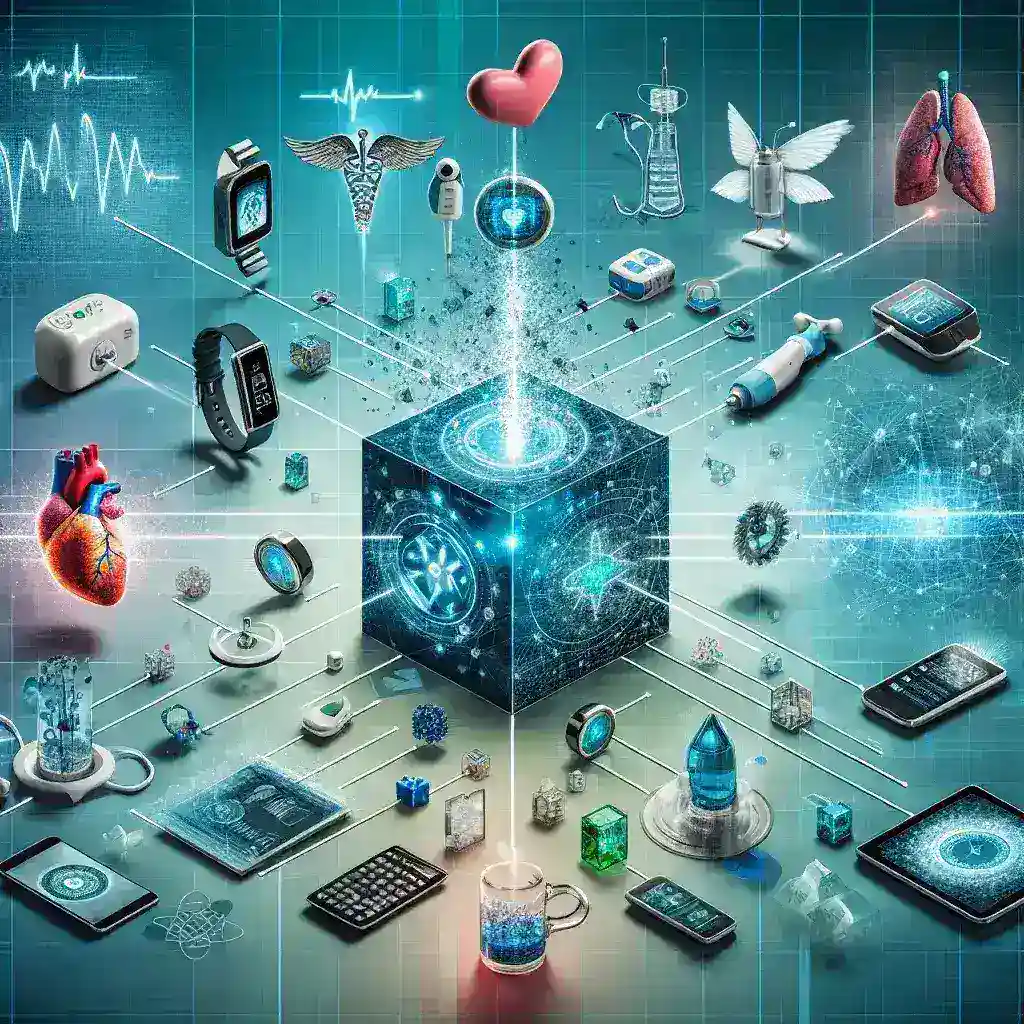Introduction
The Internet of Medical Things (IoMT) is a network of connected devices that communicate health data over the internet. This innovative technology is reshaping the healthcare landscape, enhancing patient care, and streamlining medical processes.
Understanding IoMT
IoMT includes a variety of devices, such as:
- Wearable health monitors
- Smart medical devices
- Remote patient monitoring systems
- Mobile health applications
These devices collect real-time data, which can be accessed by healthcare providers, ensuring timely interventions and improved patient outcomes.
Key Benefits of IoMT in Healthcare
1. Enhanced Patient Monitoring
IoMT devices facilitate continuous patient monitoring, allowing for:
- Early detection of potential health issues
- Remote tracking of chronic conditions
- Immediate feedback to patients and providers
2. Improved Data Management
With IoMT, healthcare providers have access to:
- Accurate, real-time data
- Centralized information systems
- Better decision-making through data analytics
3. Increased Efficiency
IoMT streamlines healthcare processes, leading to:
- Reduced hospital readmissions
- Lower operational costs
- More effective resource allocation
Challenges in Implementing IoMT
Despite its advantages, the implementation of IoMT presents several challenges:
- Data Security: Protecting sensitive patient information against cyber threats.
- Integration Issues: Ensuring compatibility between different devices and healthcare systems.
- Regulatory Compliance: Navigating the myriad of regulations surrounding health data management.
The Future of IoMT in Healthcare
As technology advances, the future of IoMT looks promising. Innovations such as artificial intelligence, machine learning, and enhanced connectivity will further transform healthcare by:
- Providing personalized medicine options
- Enabling predictive analytics for better health outcomes
- Facilitating telehealth services
Conclusion
The Internet of Medical Things is undeniably revolutionizing the healthcare system, offering numerous benefits in patient care and operational efficiency. As challenges are addressed, the potential for IoMT to improve healthcare outcomes will continue to expand, making it an invaluable asset in modern medicine.

